Hi @Hive Community!
I hope that you are having moments of productivity in your houses due to the contingency we are going through, #stayathome. You know it is hard work and it takes many hours of work to bring quality content to Hive. I hope to meet this goal today😃
"I have always loved the word resilience. For me, it is the smell of damp earth and the first green leaves after a long drought. It is listening to my father tell his memories to his grandchildren after I thought I would lose him from an illness Resilience is the useful lessons learned during difficult times, which can result in a world with more compassion and care. "(Gordon, 2020).
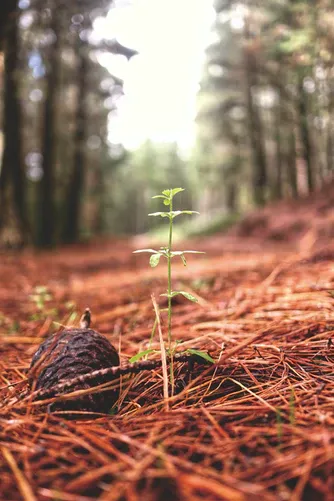
Photo by Gryffyn M.
The current #Covid-19 pandemic and its connections to human health, on which we depend and our food systems, show the need to adopt resilience; live in uncertainty, prepare for riots, learn and experiment; act with empathy and solidarity; and imagine a better world (Gordon, 2020).
What is resilience?
The resilience defined by sustainability scientists is to sustain development against surprising and expected changes, when there are thresholds between alternative pathways of which some may be less desirable than others, and where it is difficult or even impossible to return once the threshold is crossed (Folke 2006).
For example, a heat wave on a low-resistance #coralreef can cause algae to take over corals. This often causes loss of species, resulting in less abundance of fish and large losses for the tourism sector. The algae are difficult or impossible to eliminate, the corals will never return. People living on the reef may lose livelihoods that depend on tourism and fisheries. A sturdy reef could return and the communities around it will continue to develop.
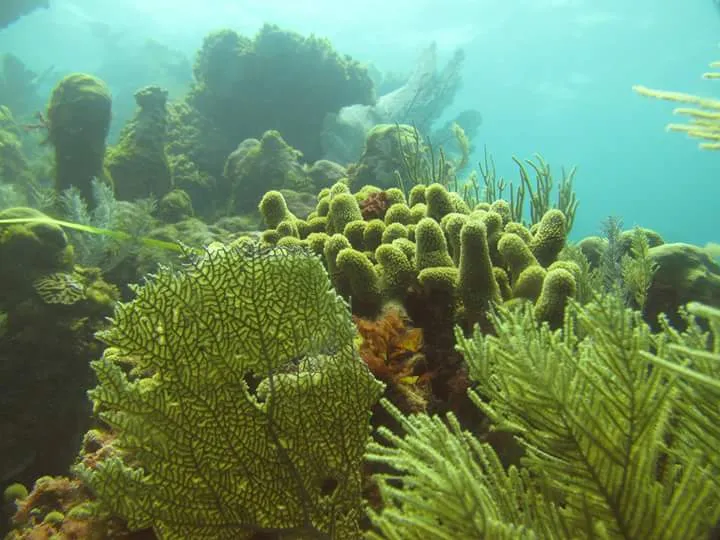
Photo by Juan Bacab
When there is a crisis, what we normally do not consider sustains us (an amazing example)
When a crisis strikes, resilience often comes from less thought-out or even neglected places. For example, a case study of a shift from algae-dominated communities to corals on the Great Barrier Reef showed that recovery was primarily driven by a single species that is relatively rare on the reef, a species that can easily become extinct without warning. warning under normal conditions but this is necessary in crisis (Bellwood et al. 2006).
Mostly, the decline and loss of an ecosystem like coral reefs is related (or so was thought) to the herbivory of fish like parrotfish and surgeonfish. The study by Bellwood et al. (2006), showed that surprisingly (in this case) a certain species of bat fish (Platax pinnatus) is the one that supports the ecosystem, a fish previously considered as an invertebrate feeder!
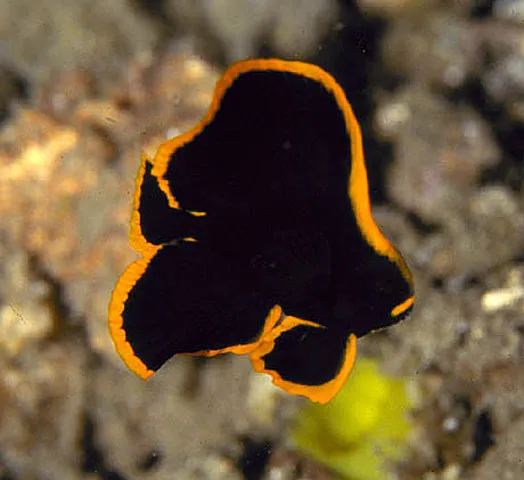
Photo taken from Fishbase
Similarly, they are the least dominant species in a mature forest that often invade first and prepare the ground for the return of the forest after a fire. Species that are less visible, and seem less valuable, can play an important role in rebuilding the system.
During the Covid-19 pandemic, we see this in the accomplishment of the immensely important work done not only by physicians, but also by the workers who care for our elders. In Sweden and in many other countries, long undervaluing your work in terms of allowing a high degree of job insecurity and low wages seems to be one of the main drivers of the high death rates we face as the virus it spreads in homes.
The same thing happens in the food system, suddenly we realize our dependence on agricultural workers, which puts this year's harvest at risk, and the people who work with food distribution, so people turn to the home delivery services, both food and grocery shopping.
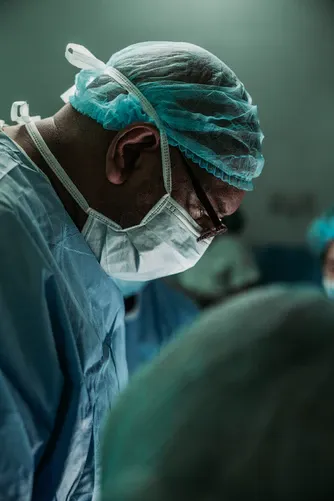
Photo by JC Gellidon
It is time to rebuild the resilience of the global food system!
As a human society we have rapidly transformed this planet.
Much of the biosphere’s resources have been appropriated for the production of harvestable biomass in the form of food, fuel and fibre. We get high and more predictable yields of biomass in the short term, but with new conditions for novel and pervasive risks to emerge in the longer term (Nyström et al. 2019). We have too little understanding today of what we already have lost of the invisible species and social-ecological connections that build the resilience of the global production ecosystem and will sustain us in the future and we must urgently step up this type of research.
We are now in the midst of what is arguably the largest global crisis our generation has faced. My sincere hope is that the Covid-19 pandemic can help us recognize the invisible support systems we depend on to ensure that we nurture them as we continue our development into the future (Gordon, 2020).
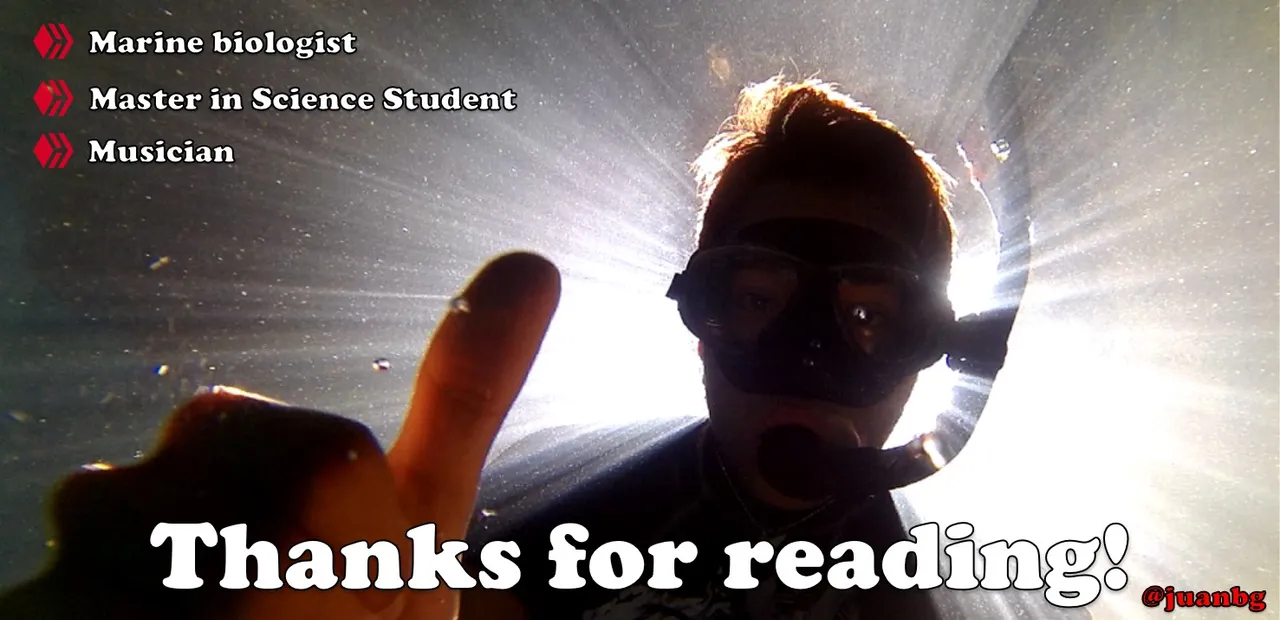
Bibliography
Bellwood, D.R., T.P. Hughes, and A.S. Hoey. 2006. Sleeping functional group drives coral-reef recovery. Current Biology 16 (24): 2434–2439.
Folke, C. 2006. Resilience: The emergence of a perspective for social– ecological systems analyses. Global Environmental Change 16 (3): 253–267.
Gordon, L. J. 2020. The Covid-19 pandemic stress the need to build resilient production ecosystems. Agriculture and Human Values, 1.
Nyström, M., J.B. Joufray, A.V. Norström, B. Crona, P.S. Jørgensen, S.R. Carpenter, Ö. Bodin, V. Galaz, and C. Folke. 2019. Anatomy and resilience of the global production ecosystem. Nature 575 (7781): 98–108.